Description
Olive trees are slow-growing evergreens that typically reach heights of 3 to 10 meters, depending on variety and pruning. They are recognized by their twisted, gnarled trunks, which become more pronounced with age, and their small, silvery-green leaves that shimmer in the sunlight. In spring and early summer, the tree produces small, fragrant white flowers, which give way to green fruits that ripen to a deep black or purple color.
The tree’s overall appearance is both elegant and rustic, making it a favorite in both formal and naturalistic garden settings. Olive trees can live for hundreds, even thousands of years, with some ancient specimens still producing fruit today.
Cultivation and Care
Olive trees are well-suited to hot, dry climates and are incredibly resilient once established. They are relatively low-maintenance and can be grown in the ground or large containers.
-
Sunlight: Requires full sun (at least 6 hours a day).
-
Soil: Prefers well-draining, sandy or loamy soils; tolerates poor soil conditions.
-
Watering: Drought-tolerant but benefits from regular watering during establishment and fruiting.
-
Pruning: Light pruning enhances air circulation and fruit production; shaping also improves aesthetics.
Although hardy, olive trees are sensitive to extreme cold, so they may require protection in colder regions.
Benefits and Uses
-
Fruit Production: Olives are harvested for eating and oil extraction, both of which are staples of the Mediterranean diet.
-
Health Benefits: Olive oil is rich in antioxidants and healthy fats, supporting heart and brain health.
-
Ornamental Value: The tree’s unique form and silvery foliage make it a stunning feature in landscapes.
-
Symbolism: Olive trees symbolize peace, wisdom, and longevity in many cultures.
-
Wildlife Friendly: Flowers attract pollinators like bees, and the fruit provides food for birds.
Conclusion
Whether for their culinary yield, aesthetic appeal, or cultural significance, olive trees are a rewarding and enduring addition to any outdoor space. With proper care and sunlight, they provide beauty, shade, and nourishment for generations.

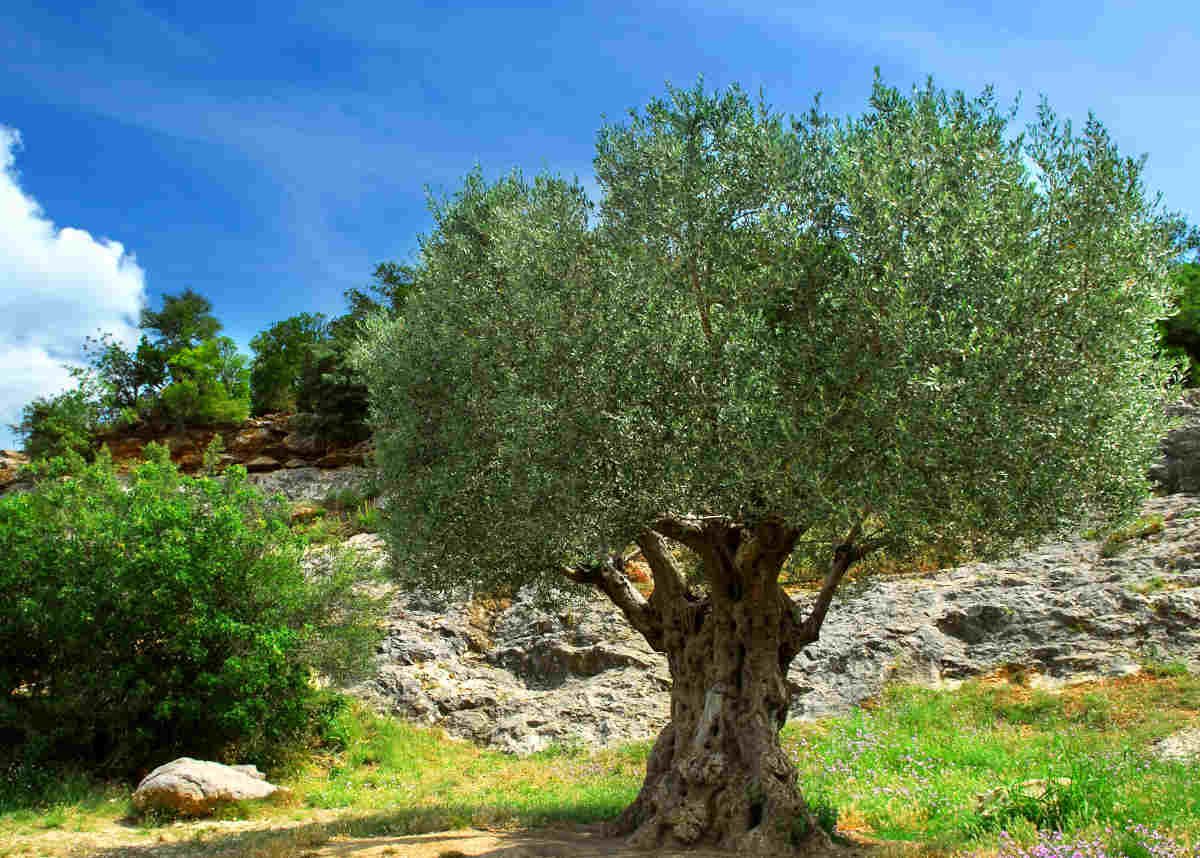
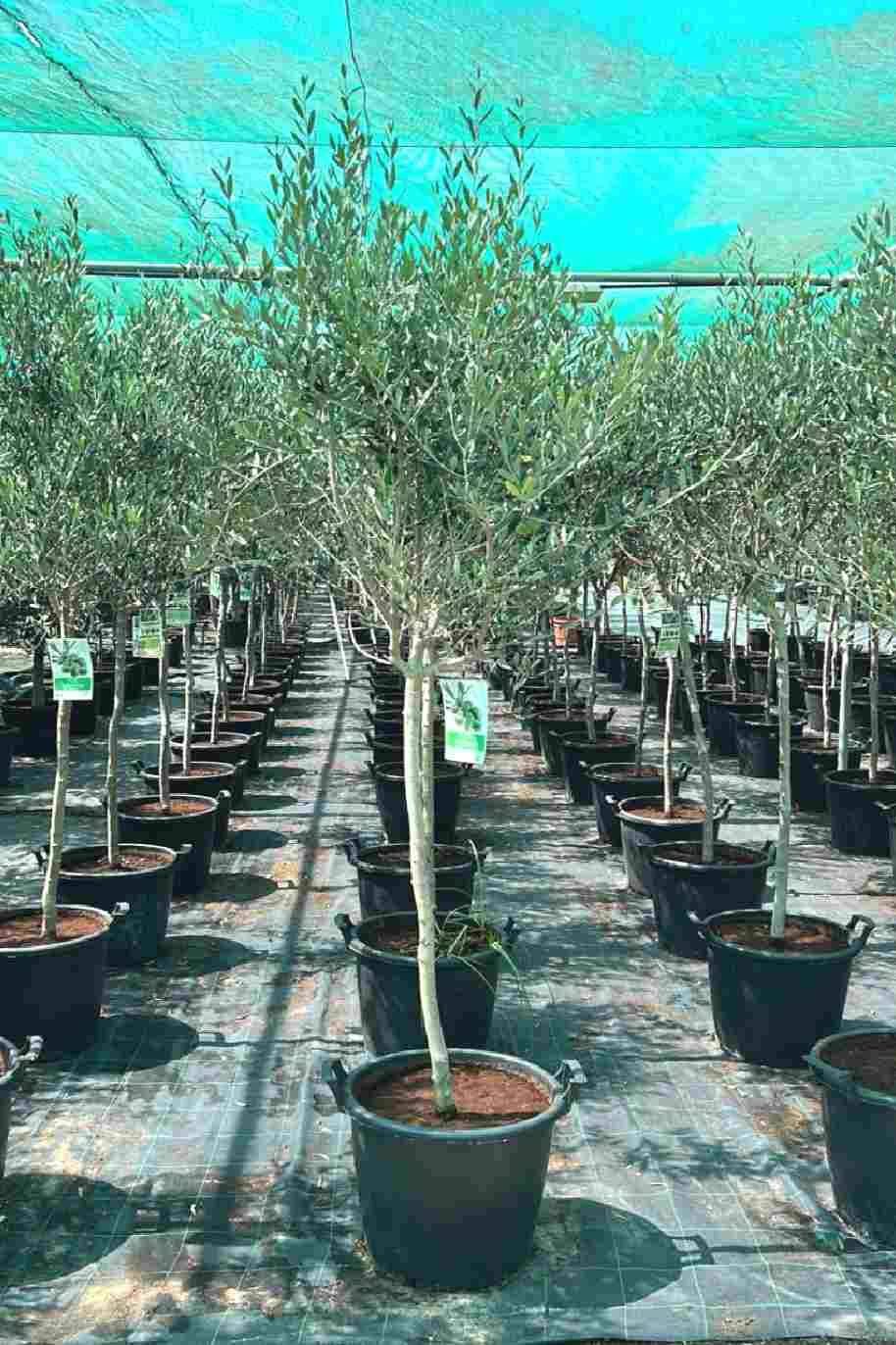
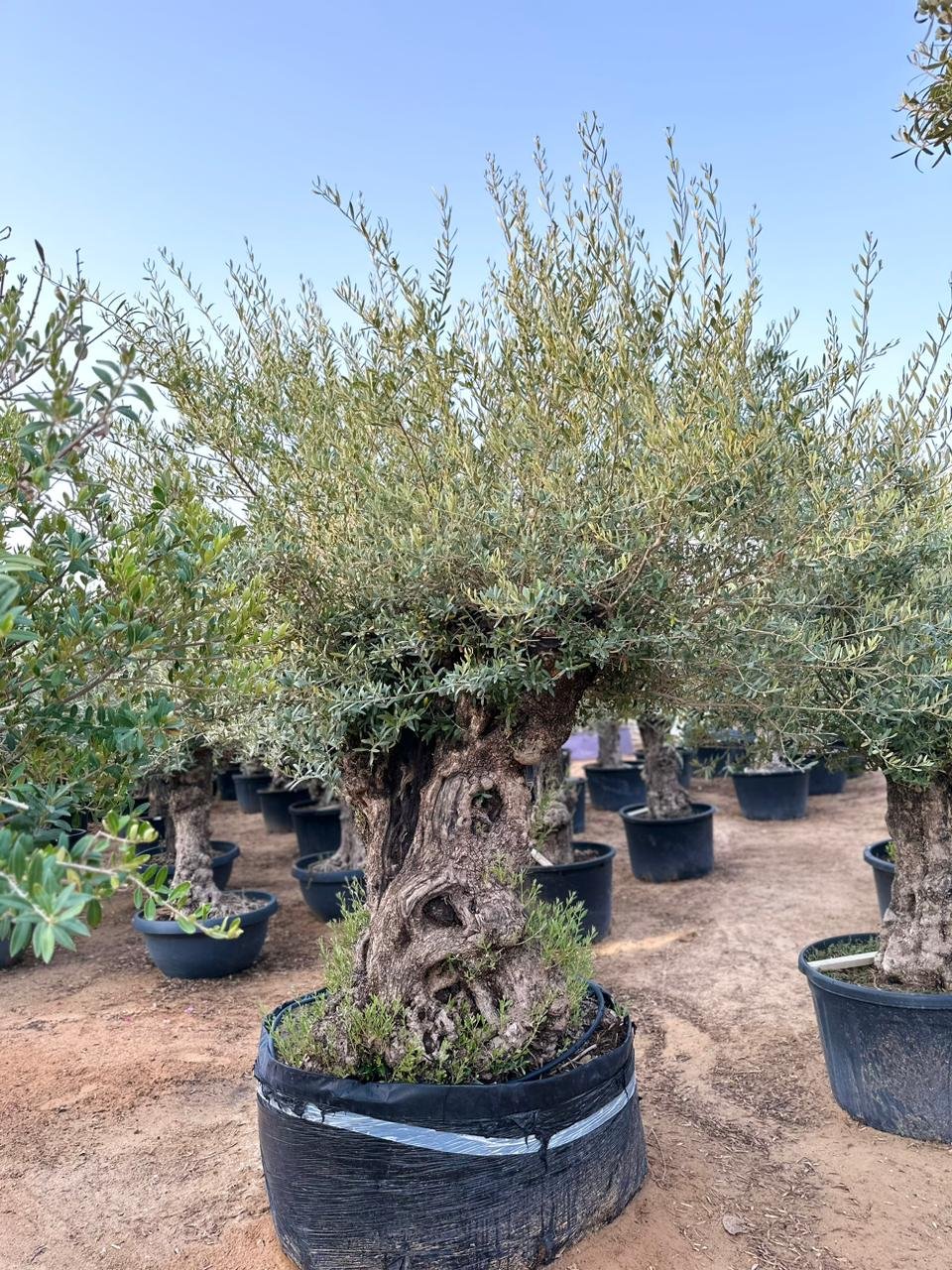
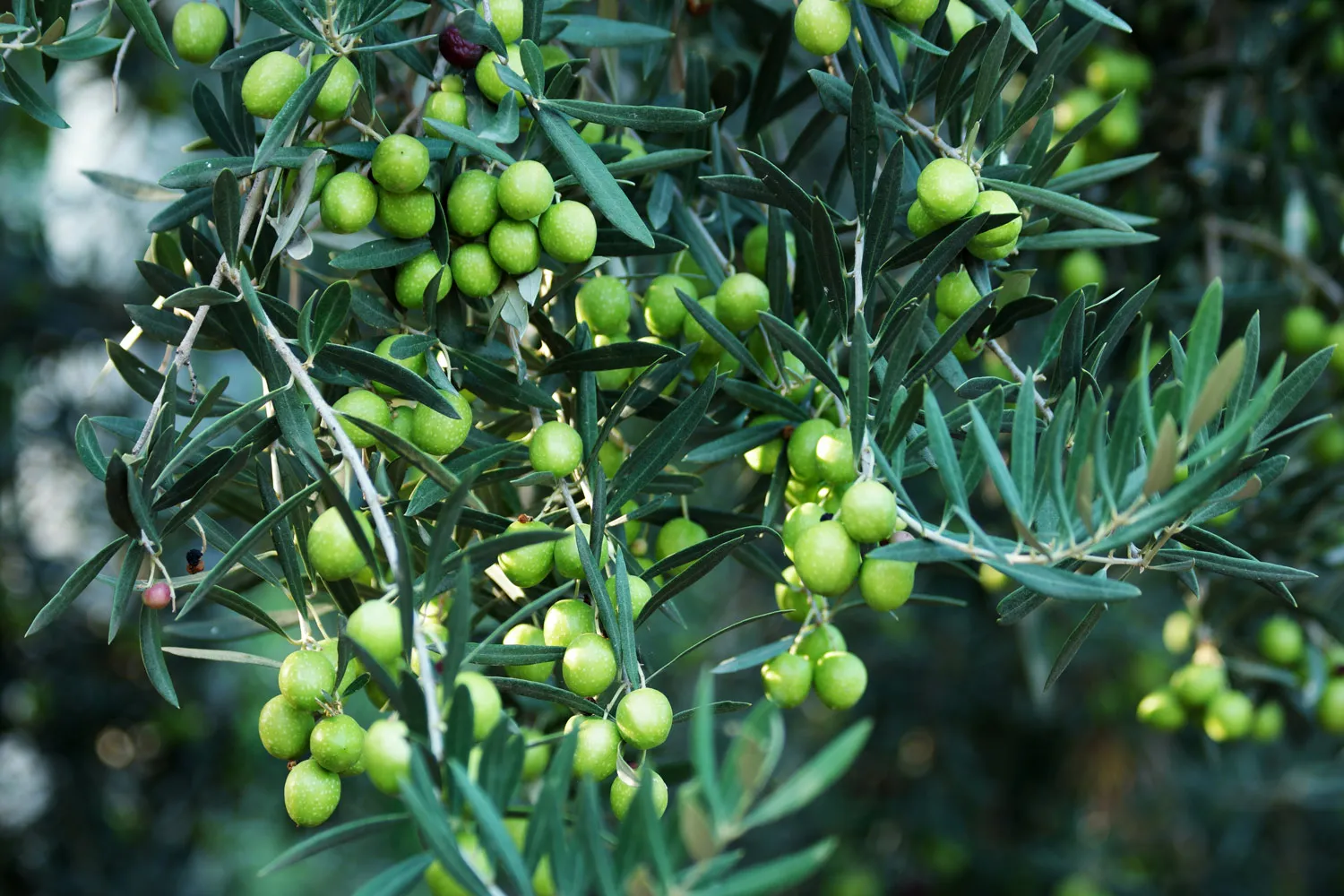
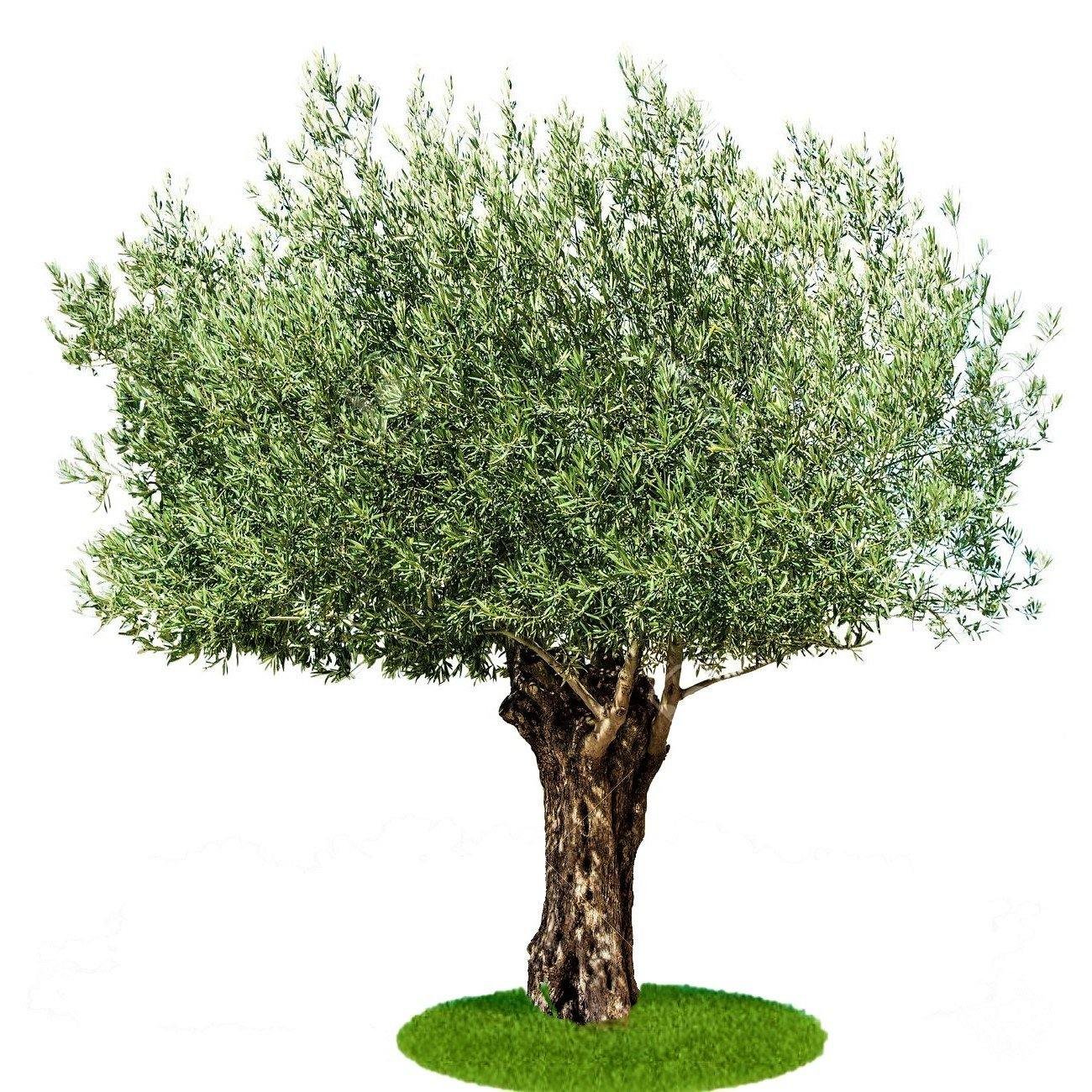






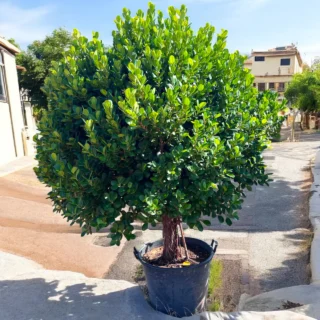
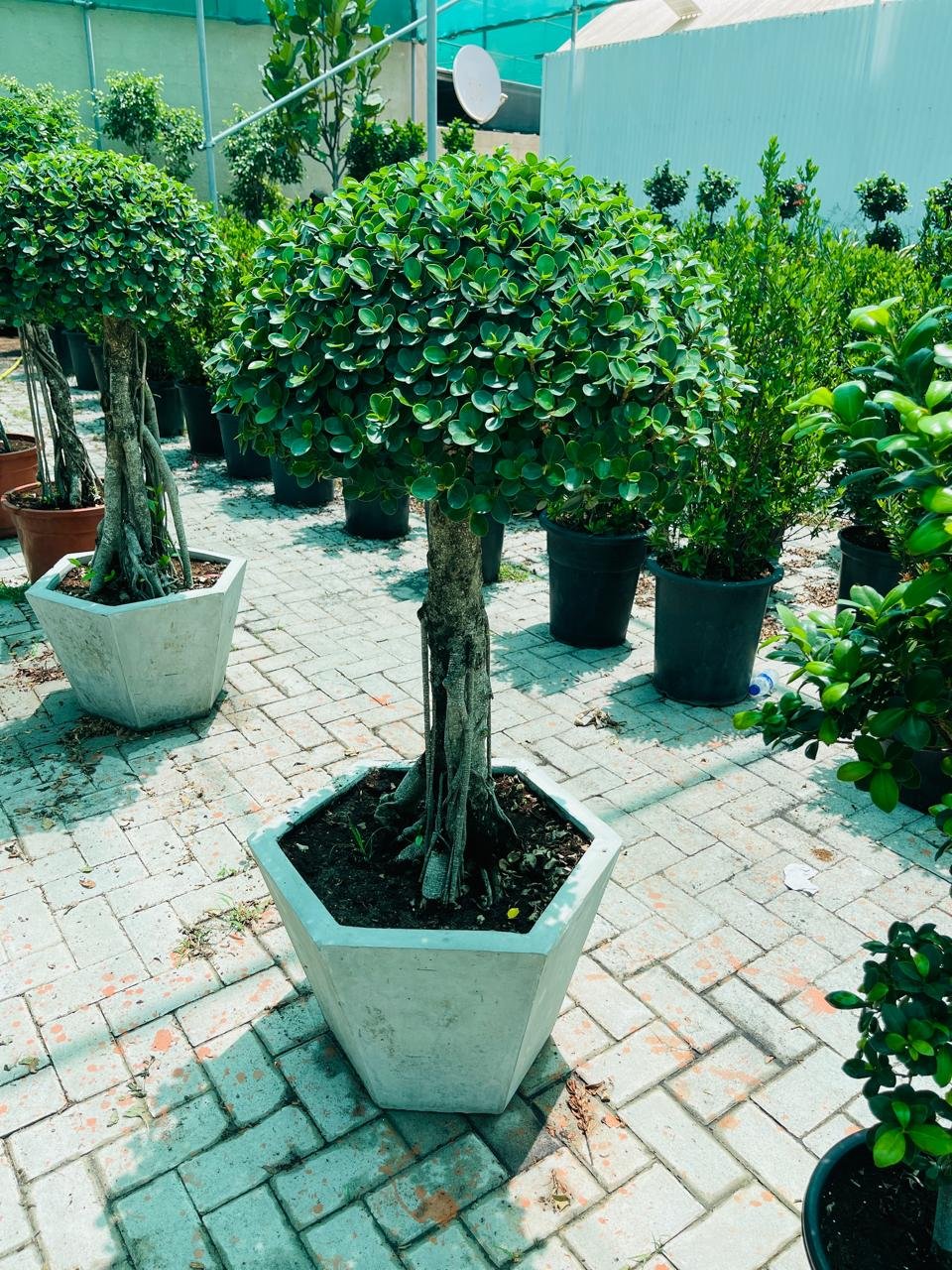


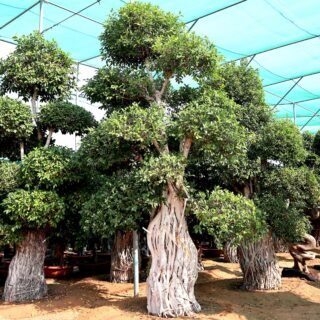
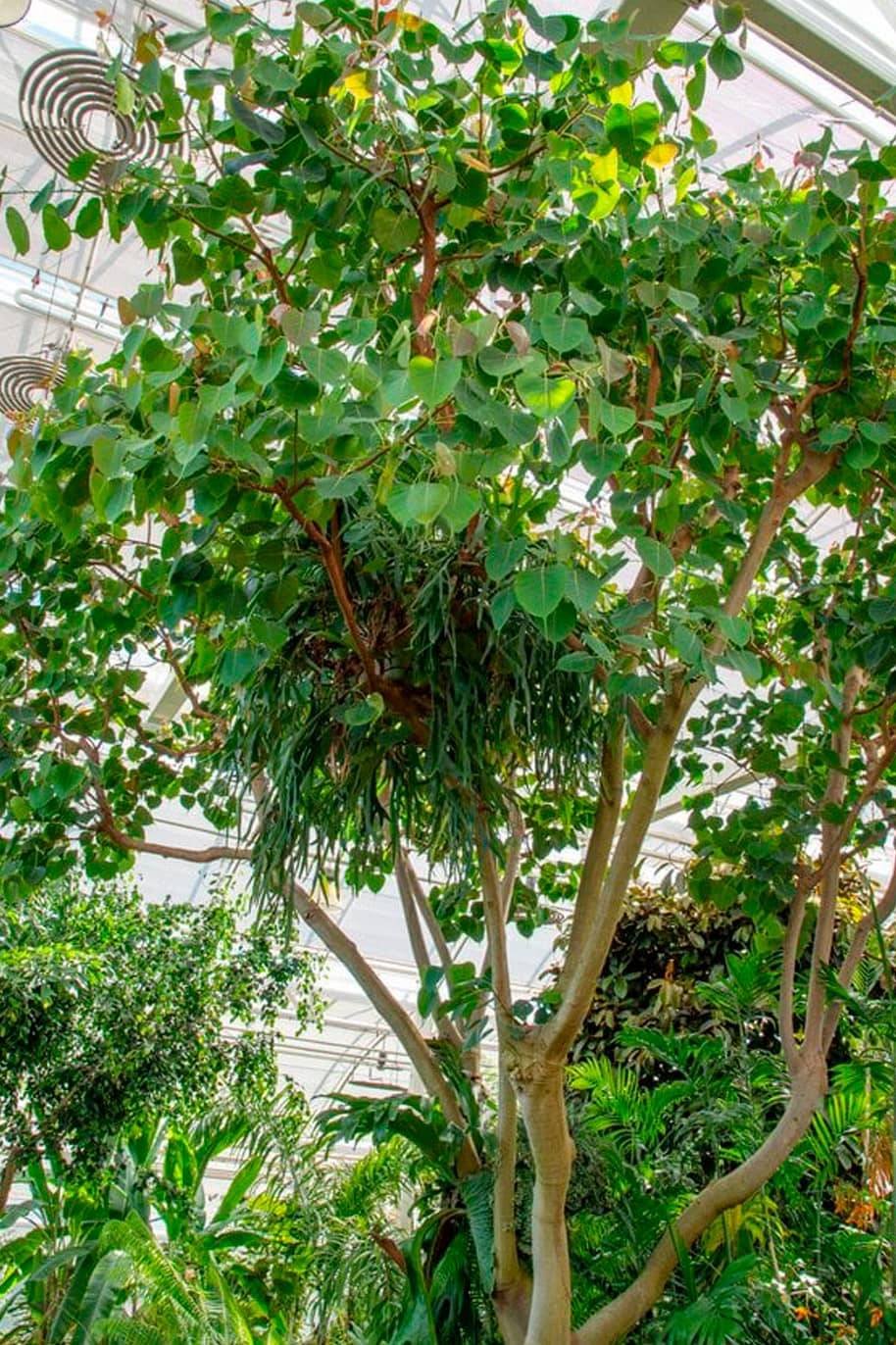

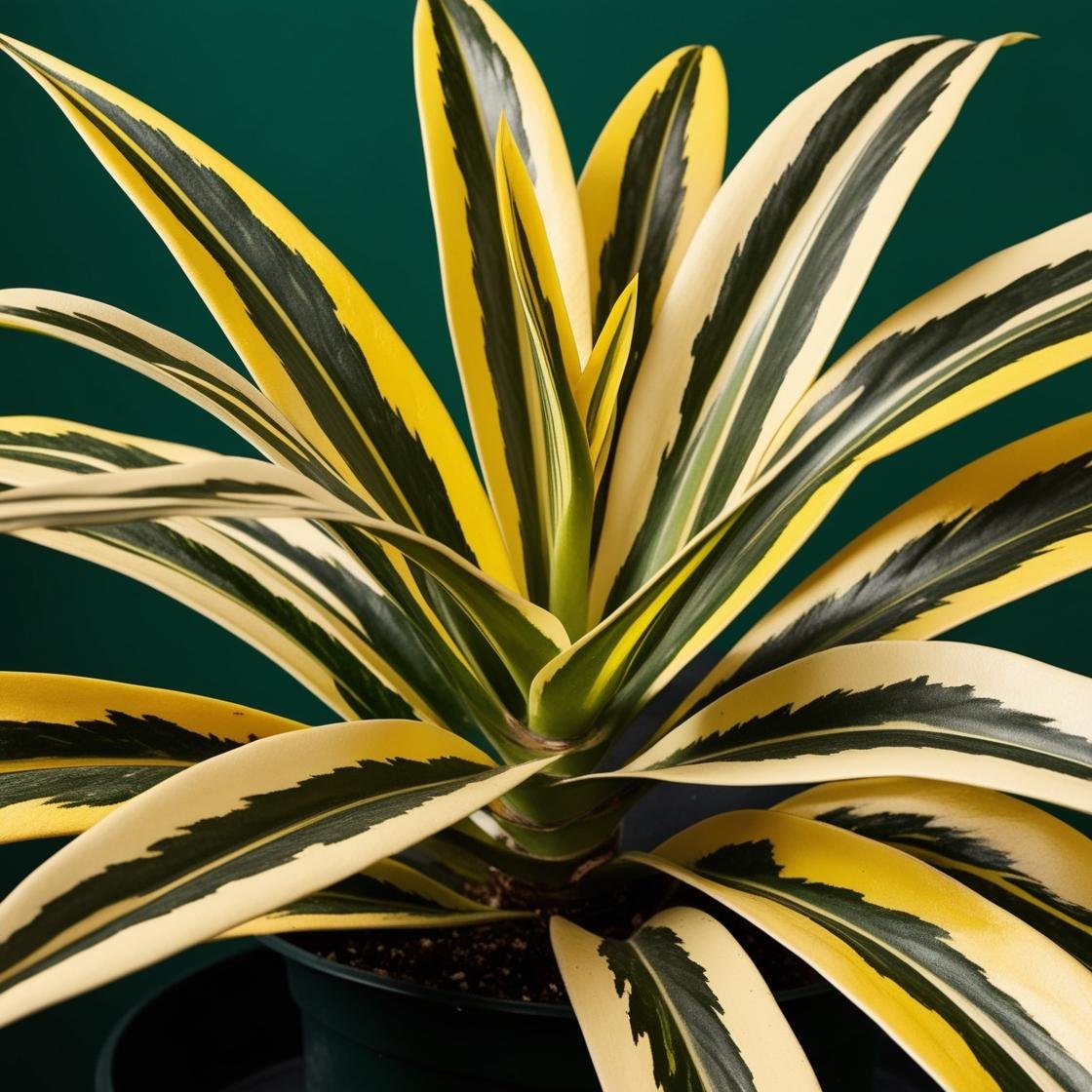


Reviews
There are no reviews yet.